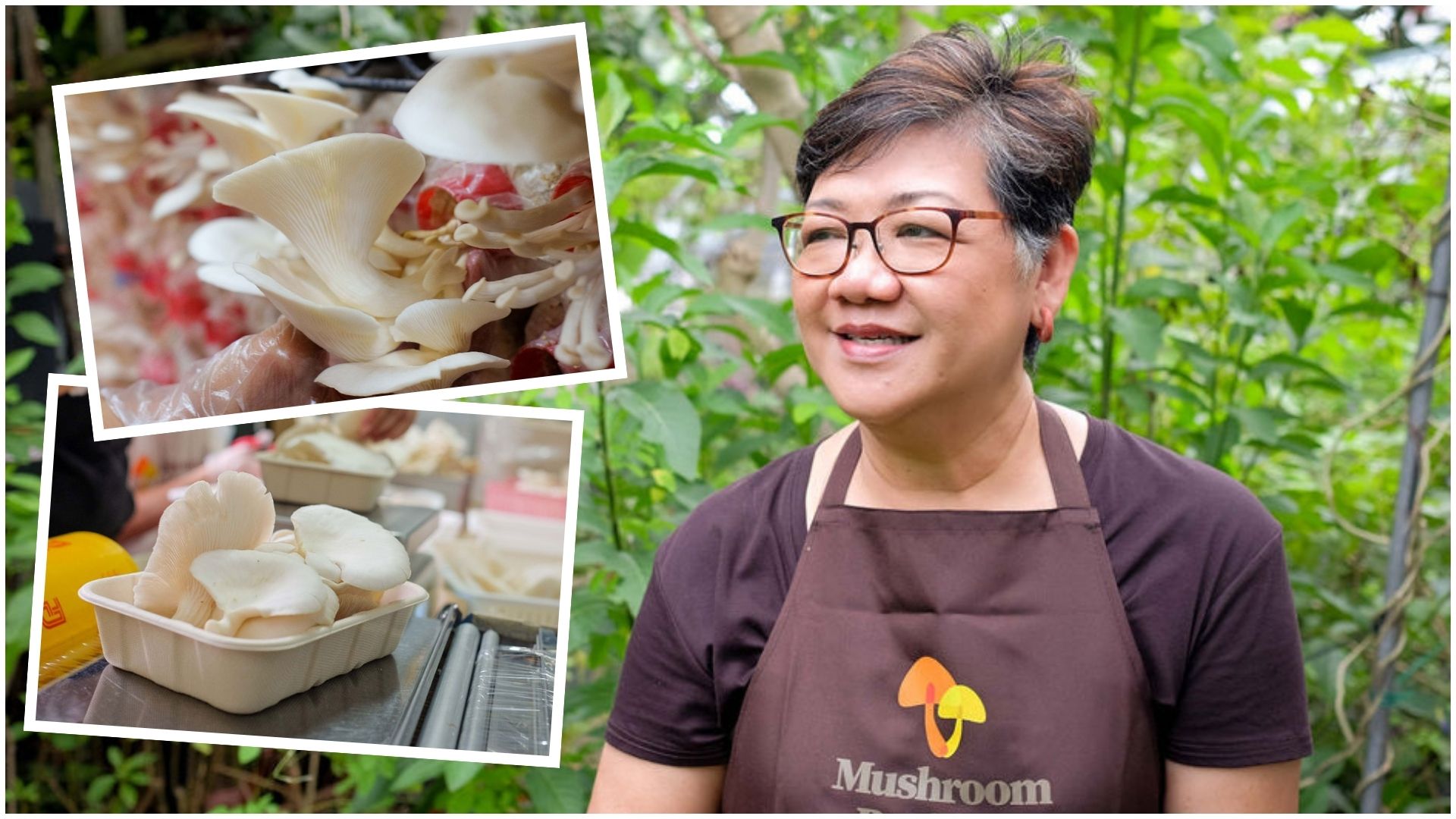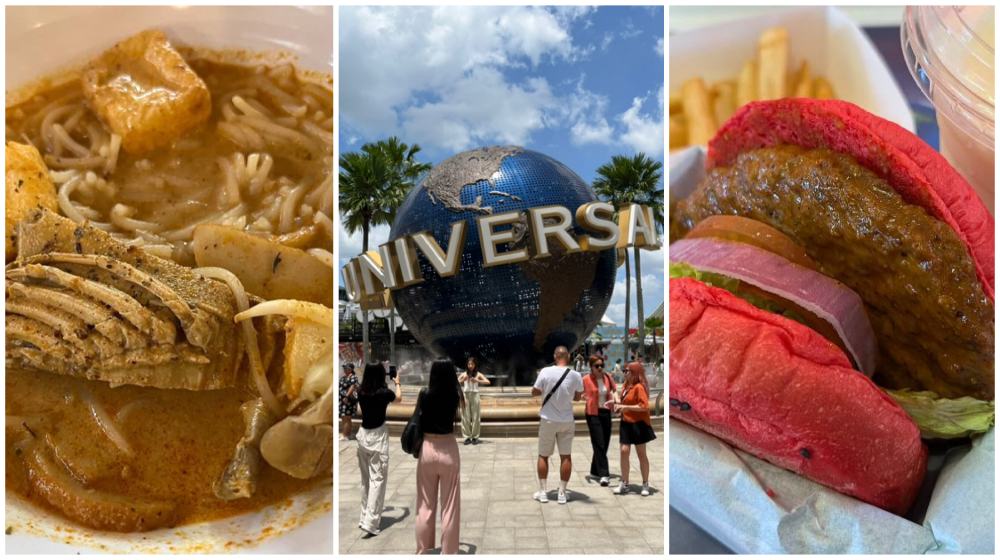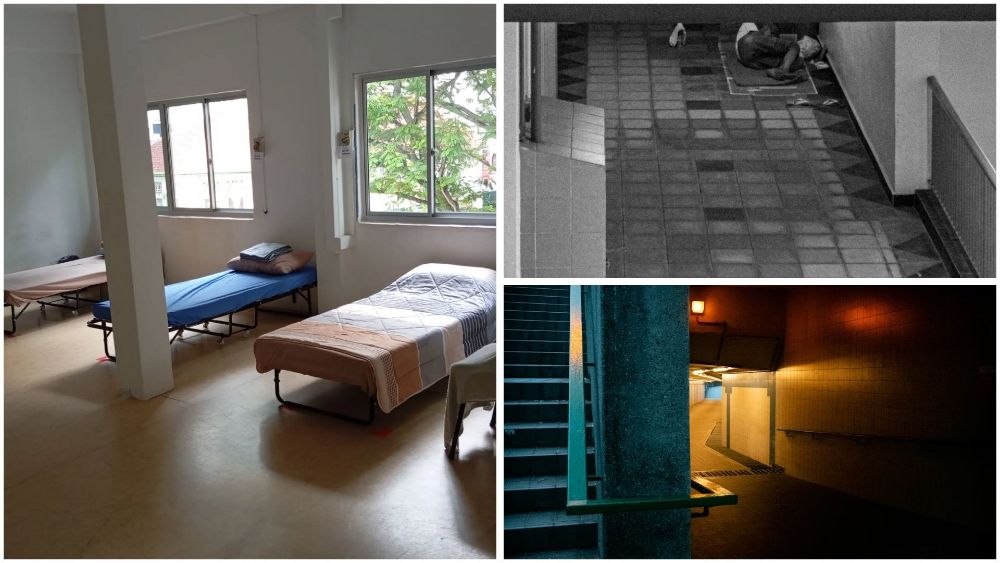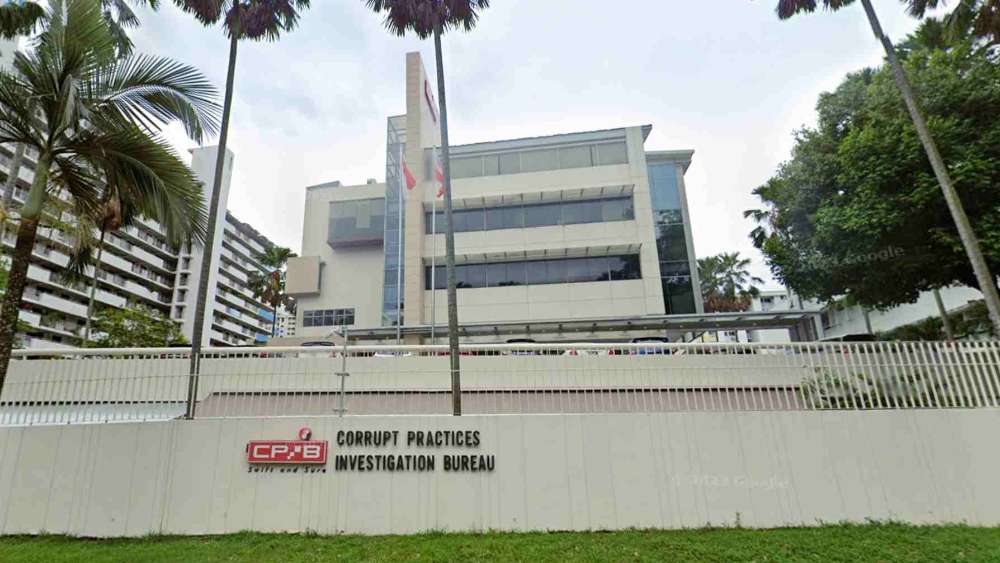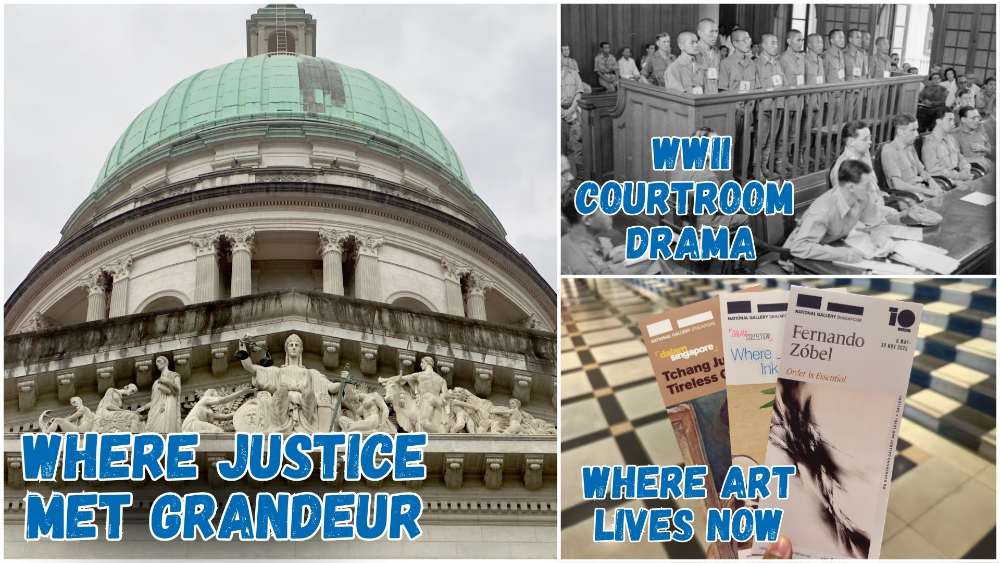What Is CPIB? And Did You Know It Co-Created An Anti-Corruption Game?
The Corrupt Practices Investigation Bureau (CPIB) is Singapore's anti-corruption government agency. Here's what you might not know about it:
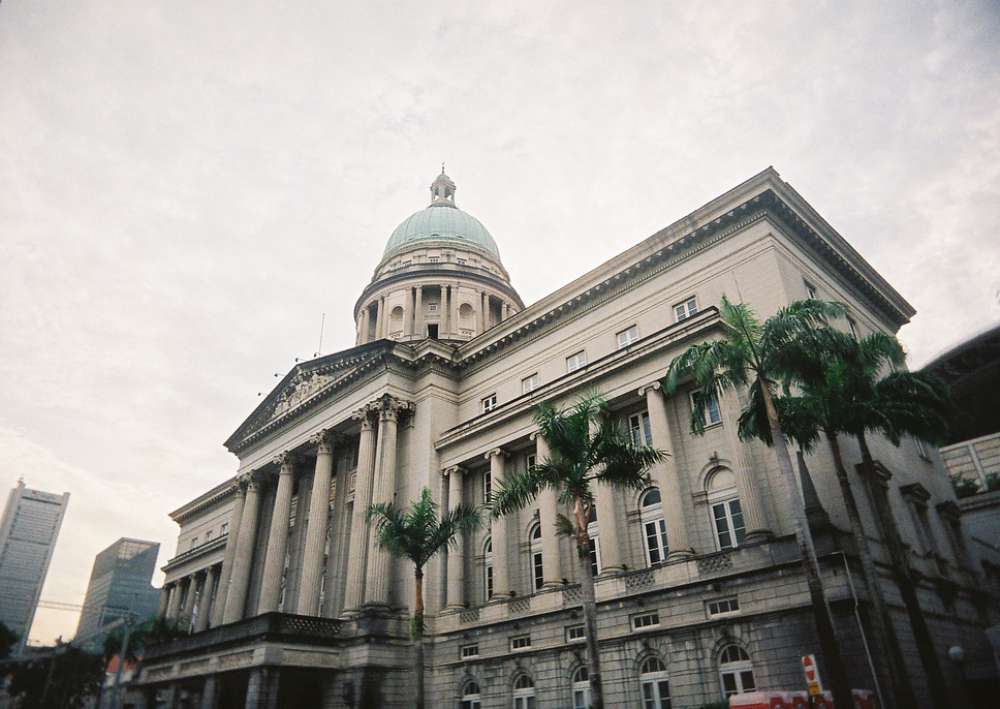
The first incarnation of the CPIB was located on the second floor of the Supreme Court Building. | IMAGE: MICHELLE LEE., CC BY 2.0, VIA WIKIMEDIA COMMONS
1. CPIB is 71 this year
The CPIB is one of the oldest anti-corruption agencies in the world, established in September 1952 by the then-ruling British government. However, it only had 13 officers and was generally ineffective, partly due to the social stigma of investigating fellow police officers.
It wasn't until 1959 under the PAP that the CPIB was revamped into an agency devoted entirely to the investigation of corrupt practices and empowered to carry out its duties more effectively through new legislation.
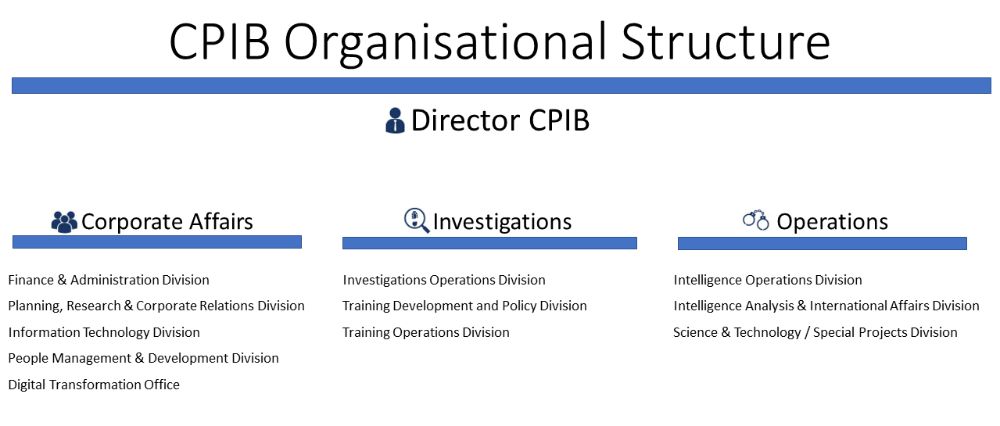 IMAGE: CORRUPT PRACTICES INVESTIGATION BUREAU
IMAGE: CORRUPT PRACTICES INVESTIGATION BUREAU
2. CPIB has three organisational branches
Today, the CPIB operates with functional independence to investigate any act of corruption in our public and private sectors, helmed by a director who reports directly to the Prime Minister. It has three main branches:
- Investigations, which executes the main function of the Bureau in investigating offences under the Prevention of Corruption Act, investigating all corruption cases in both public and private sectors including day-to-day corruption cases, and issues relating to money laundering and transnational corruption
- Operations, which carries out intelligence gathering and analysis, as well as development and use of specialised technology and investigative tools like credibility assessment and digital forensics
- Corporate Affairs, which deals with internal organisational matters such as finance, people management, planning and research, and information technology. It also conducts education and outreach for the public
There's also the Office of Internal Audit, an independent unit in the Bureau reporting directly to the CPIB Director, which conducts audits to ensure high integrity of internal control processes within the Bureau.
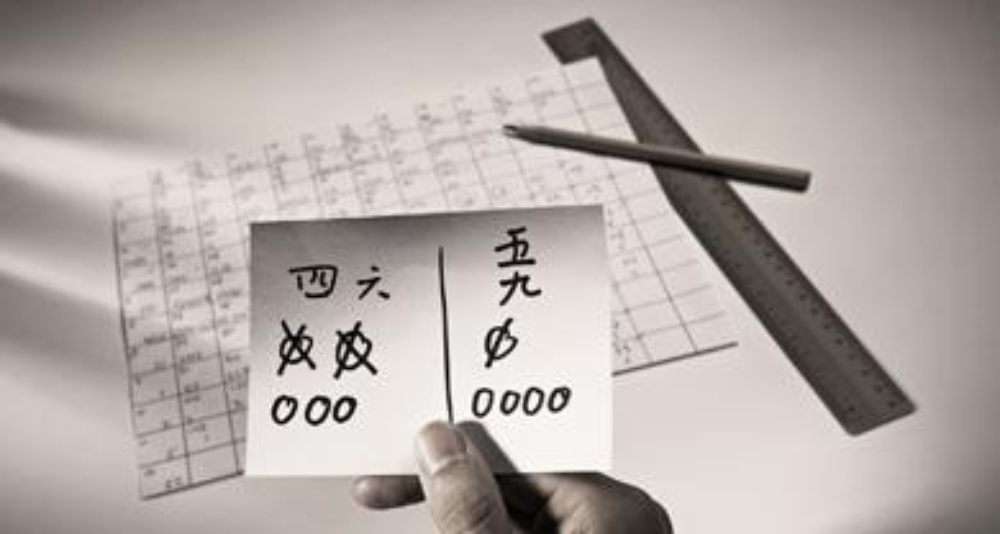 Chap Ji Kee was a popular lottery back in the 1960s. | IMAGE: CORRUPT PRACTICES INVESTIGATIONS BUREAU
Chap Ji Kee was a popular lottery back in the 1960s. | IMAGE: CORRUPT PRACTICES INVESTIGATIONS BUREAU
3. CPIB took down Chap Ji Kee in the '60s
One of the CPIB's largest operations was Operation Chap Ji Kee in 1968, a crackdown on gambling syndicates and corrupt police officers who took bribes in exchange for protection for said syndicates.
The term "chap ji kee" means "12 units" in Hokkien, and was a local lottery popular among housewives.
There were three main chap ji kee syndicates, and the CPIB took down the largest one first, a syndicate called Siu Poh Shanghai Tai Tong. Overall, 67 police officers were implicated in the operation.
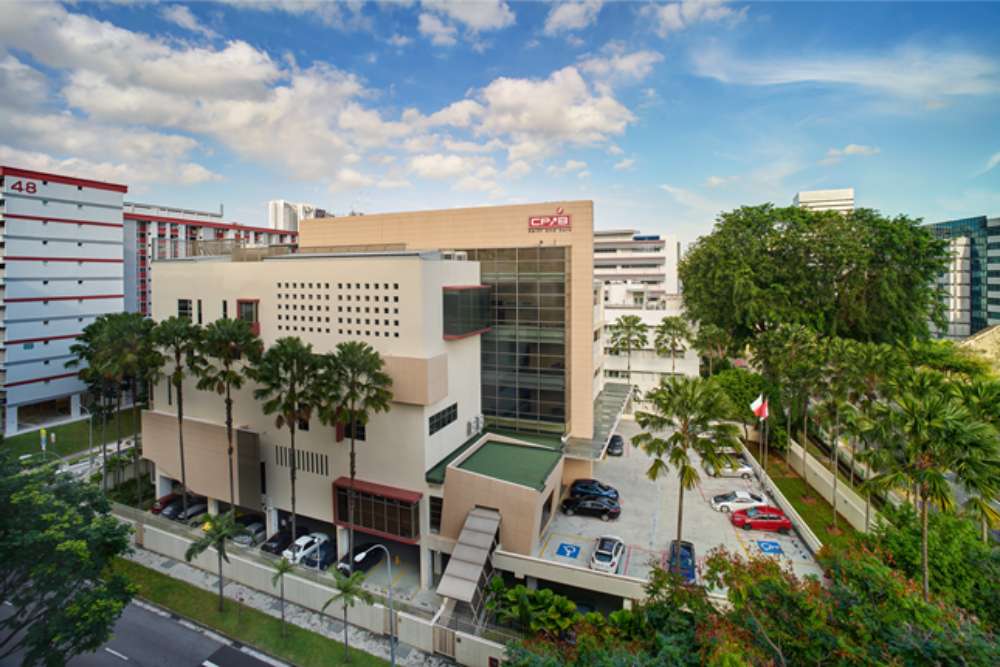 The CPIB's current premises at Lengkok Bahru. | IMAGE: ROOTS.GOV.SG
The CPIB's current premises at Lengkok Bahru. | IMAGE: ROOTS.GOV.SG
4. CPIB is located at Lengkok Bahru
The CPIB made the shift to its current premises at Lengkok Bahru in 2004. The move from Cantonment Road to Lengkok Bahru was marked with a symbolic march as all officers, donning a T-shirt specially designed for the occasion, bade farewell to the old office and embraced the new one.
The Lengkok Bahru building includes both secured areas for staff to conduct their investigations and interviews, as well as public areas like the heritage centre and auditorium for local and foreign visitors.
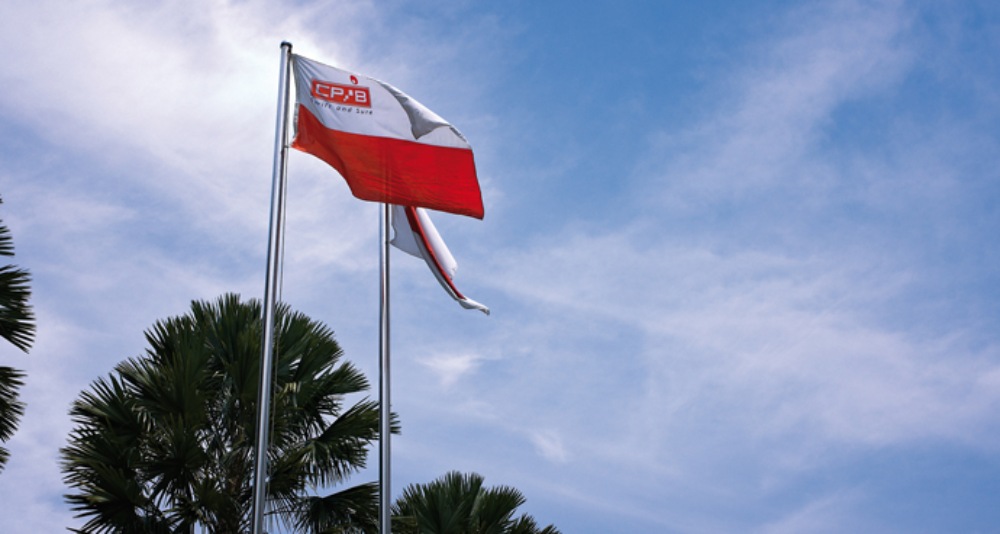 IMAGE: CORRUPT PRACTICES INVESTIGATION BUREAU
IMAGE: CORRUPT PRACTICES INVESTIGATION BUREAU
5. CPIB has its own flag
The design of the CPIB flag is a horizontal bi-colour of white above red, with a CPIB logo emblazoned on the upper-left.
The upper white portion that carries the CPIB logo signifies the Bureau’s high standard of integrity and role in keeping Singapore clean and corruption-free, while the lower red portion represents CPIB’s role as a key state institution.
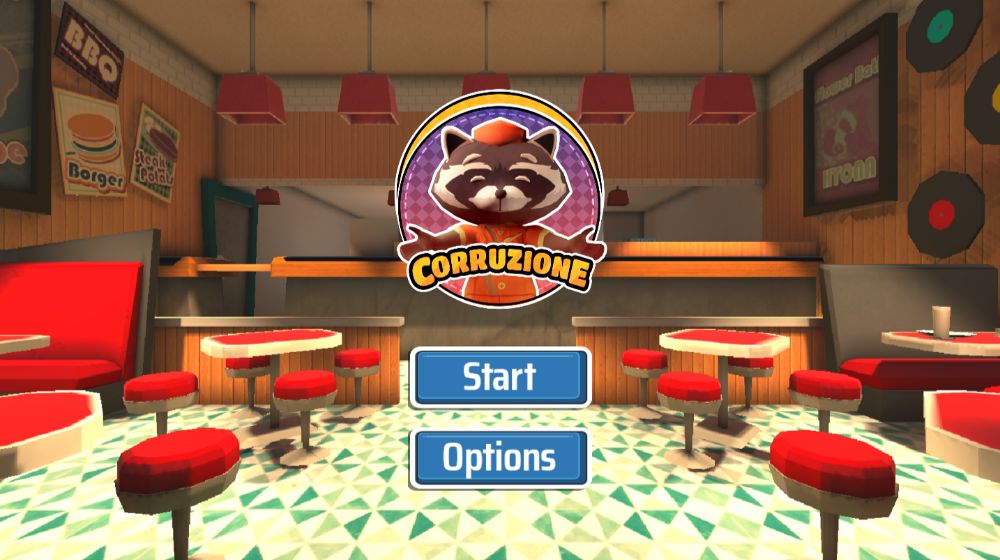 IMAGE: CORRUPT PRACTICES INVESTIGATION BUREAU
IMAGE: CORRUPT PRACTICES INVESTIGATION BUREAU
6. CPIB has gamified anti-corruption efforts
The CPIB co-created a web game with students from Nanyang Polytechnic’s School of Design and Media called Corruzione, which utilises gamification to educate on the far-reaching consequences of corruption in a fun and interactive way.
The game is a time-management restaurant sim that's a cross between Diner Dash and Cooking Mama, with elements of decision making that emphasise the importance of honesty and integrity.
For the latest updates on Wonderwall.sg, be sure to follow us on TikTok, Telegram, Instagram, and Facebook. If you have a story idea for us, email us at [email protected].
